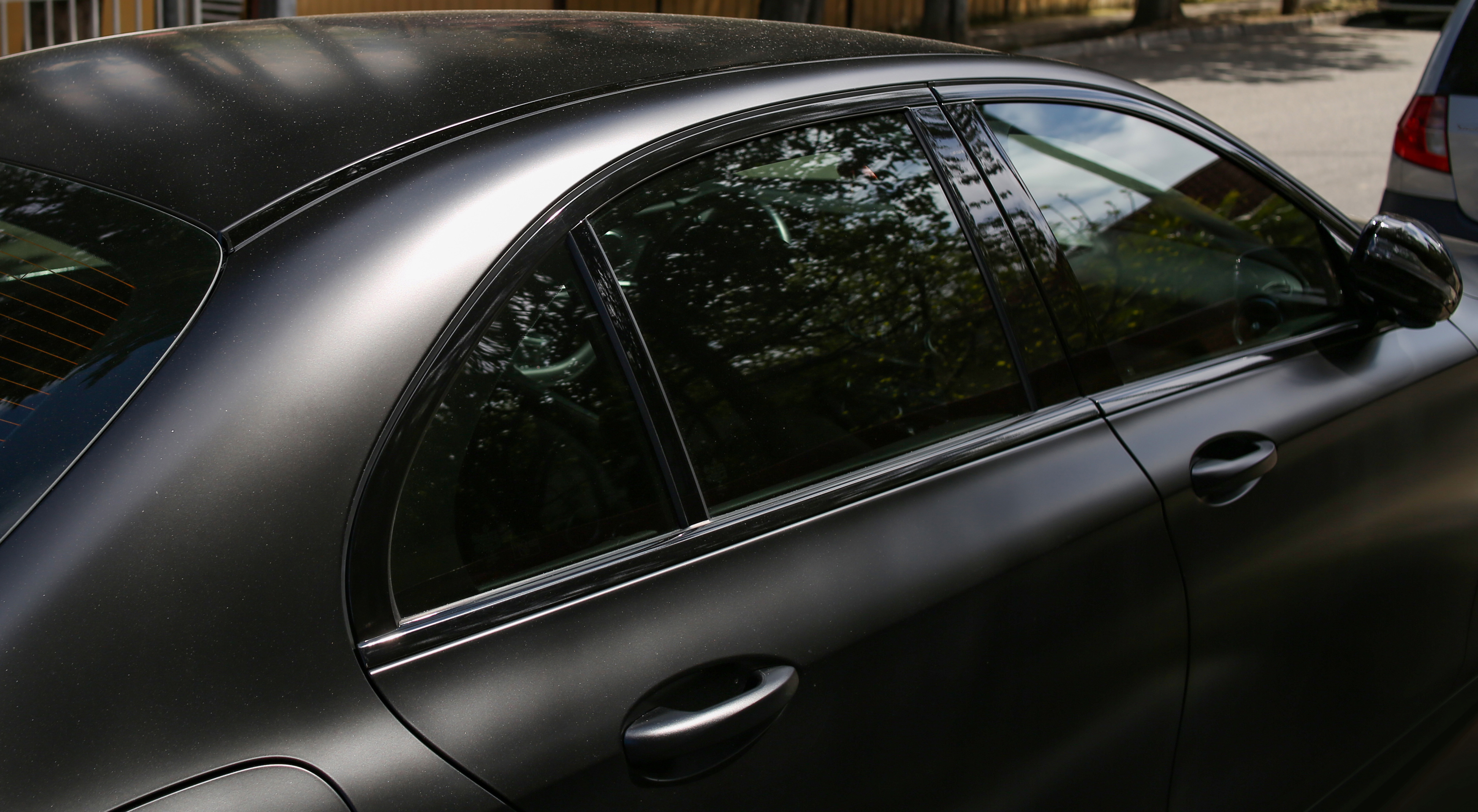Why Window Tinting Is Essential for Reducing Fading and Protecting Your Upholstery
Wiki Article
Home Window Tinting Laws: What You Need to Know Before Tinting Your Automobile
Understanding home window tinting legislations is vital for any lorry proprietor thinking about tinting their auto. Rules differ dramatically from state to state, developing particular limits for Visible Light Transmission (VLT) percents, especially for front-side home windows and windscreens. Failure to adhere to these legislations can cause fines, the necessity to get rid of the color, and complications with insurance. As you ponder improving your car's appearance and capability, it is crucial to understand not just the lawful implications however likewise the practical considerations that include choosing the ideal color. What variables should you prioritize in your decision-making procedure?Relevance of Comprehending Tint Regulations
Recognizing home window tinting regulations is crucial for automobile proprietors to ensure compliance with state policies. These legislations dictate the acceptable levels of tint darkness and reflectivity, which can significantly differ from one territory to an additional. Falling short to comply with these guidelines can result in fines, compulsory elimination of the color, and potential problems throughout automobile examinations.In addition, recognizing these laws helps vehicle proprietors make educated decisions about their tinting choices. Different sorts of home window films supply numerous advantages, such as UV security, warm being rejected, and glare decrease. Without expertise of the lawful limitations, lorry owners run the risk of picking items that may inevitably lead to lawful problems.
Furthermore, recognition of tinting regulations cultivates a safer driving environment. window tinting. Exceedingly dark colors can impair exposure, boosting the danger of accidents, specifically in the evening or in damaging climate condition. Police additionally use these policies to ensure roadway safety, making compliance not simply a personal duty yet a legal commitment
State-Specific Tint Rules
Each state in the united state has actually established its very own particular policies pertaining to window tinting, mirroring a diverse selection of requirements and requirements. These guidelines can differ significantly, impacting exactly how lorry owners approach installation and compliance. For circumstances, some states allow darker tints on back windows while enforcing rigorous limits on front-side home windows.Additionally, policies frequently specify allowed tint materials and colors. Specific states ban reflective colors entirely, while others might permit them to a limited degree. Some territories mandate that vehicles with tinted windows display a sticker label suggesting conformity with state regulations, providing a clear recognition for legislation enforcement.
Enforcement of these legislations likewise varies; some states are extra positive, carrying out random checks, while others count on grievances or visible infractions to start enforcement. Car owners ought to understand that failing to abide with state-specific color guidelines can cause fines, mandatory removal of prohibited colors, or both.

Legal Color Percentages
Figuring out the legal tint percentages is important for vehicle proprietors seeking to adhere to state laws. Each state has certain regulations see this here controling just how much light must travel through the home windows of a lorry, which is shared as a portion referred to as Visible Light Transmission (VLT) This percentage differs dramatically across states and can depend upon the type of window-- front side, back side, and windshield.As an example, some states enable as low as 20% VLT on front side windows, while others might permit up to 50%. Windscreen tinting is usually a lot more restricted, with many territories enabling only a slim band of tint on top of the windshield. In comparison, back windows generally have much more lenient guidelines, with some states permitting darker tints.
It is crucial for automobile owners to familiarize themselves with their neighborhood legislations to avoid prospective legal concerns. This consists of understanding how VLT is gauged, as it can differ based upon the kind of window movie utilized. Remaining informed concerning these policies makes sure compliance and promotes secure driving conditions for both the automobile owner and others on the roadway.
Consequences of Non-Compliance
Falling short to stick to home window tinting regulations can cause considerable consequences for vehicle owners. The most immediate consequence is the potential for website traffic quits and citations from police. Police officers trained to identify unlawful tint levels might release fines, which can vary by jurisdiction however frequently vary from modest to substantial amounts. Repetitive offenses may result in boosted fines, including higher fines or added points on a copyright.
Insurer may likewise penalize for non-compliance, as prohibited adjustments can be seen as a breach of policy terms. This can affect coverage rates or lead to complications in claims if an incident happens.
Eventually, the consequences of non-compliance extend past instant punitive damages; they can impact a motorist's insurance coverage rates, legal standing, and total car value, highlighting the significance of adhering to neighborhood window tinting policies.
Tips for Choosing Tinting Options
Recognizing the ramifications of non-compliance highlights the significance of making informed selections when choosing window tinting choices. Familiarize on your own with your state's specific regulations concerning color darkness and reflectivity. Each state has unique guidelines that determine the permissible restrictions, so ensure you remain within see this these guidelines to stay clear of charges.Secondly, take into consideration the type of color material. Choices include dyed, metalized, and ceramic tints, each offering differing levels of warm rejection, UV security, and longevity. For example, ceramic tints supply premium warm resistance without disrupting electronic devices, making them a preferred option.
Furthermore, assess your primary function for tinting. If you look for boosted privacy, select darker tints; nevertheless, remember that this might influence exposure during the night. On the other hand, if glow decrease and UV defense are your major concerns, lighter tints might be adequate.
Last but not least, seek advice from a professional installer who is experienced regarding neighborhood regulations and can recommend top notch products suited to your demands (window tinting). Taking these variables right into account will certainly guarantee you make an educated choice, ultimately improving both your automobile's aesthetic appeals and performance
Final Thought
In verdict, experience with home window tinting legislations is vital prior to applying tint to a vehicle. By understanding lawful requirements and selecting proper tint materials, automobile owners can attain aesthetic improvement while staying compliant with relevant regulations.Understanding home window tinting legislations is vital for any kind of car proprietor considering tinting their automobile.Recognizing home window tinting legislations is vital for car owners to make certain compliance with state policies. Some states enable darker tints on back home windows while enforcing strict limitations on front-side home windows.
In comparison, back use this link home windows normally have much more forgiving regulations, with some states permitting darker tints. (window tinting)
In final thought, knowledge with home window tinting laws is necessary prior to using color to a vehicle.
Report this wiki page